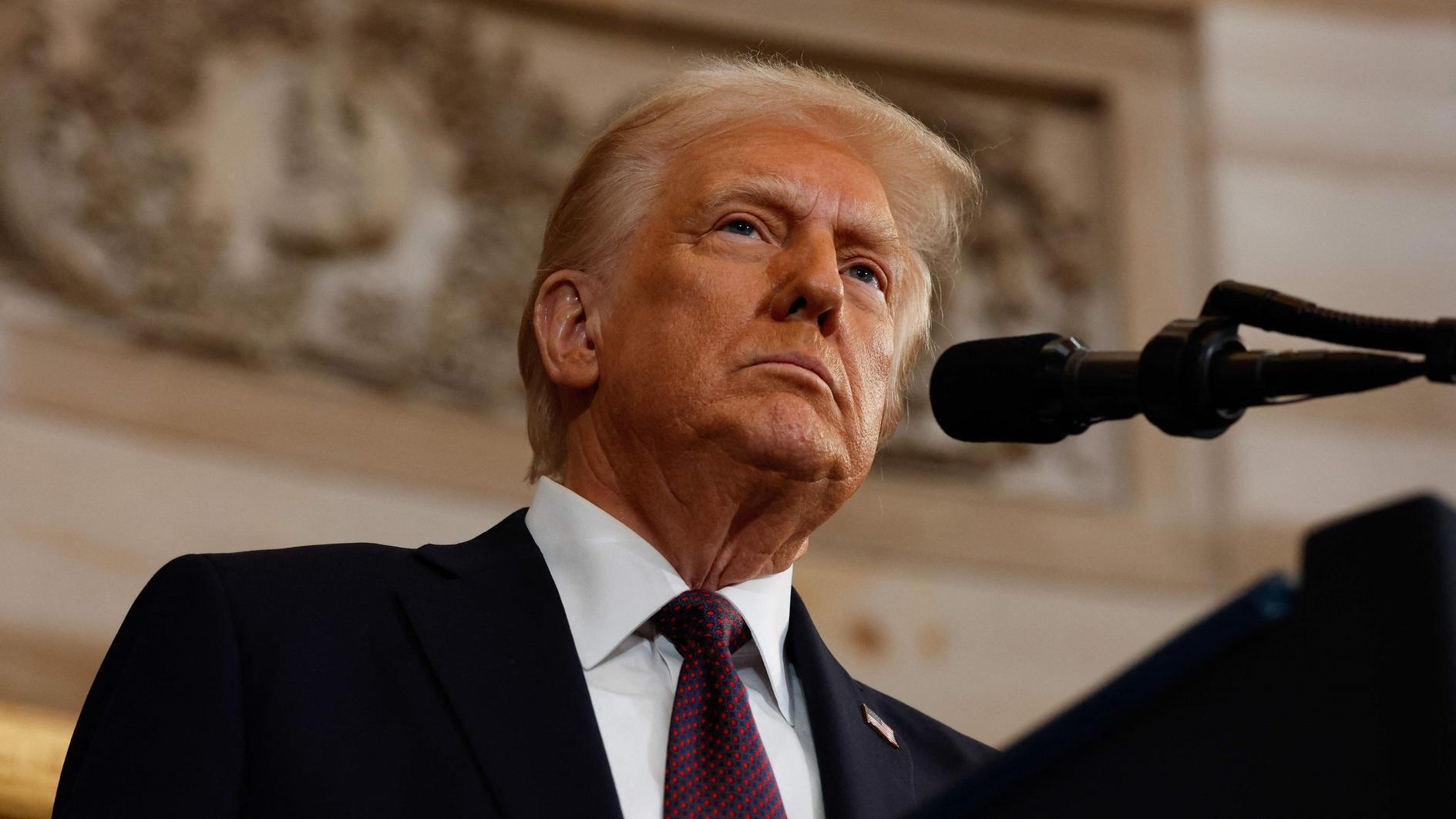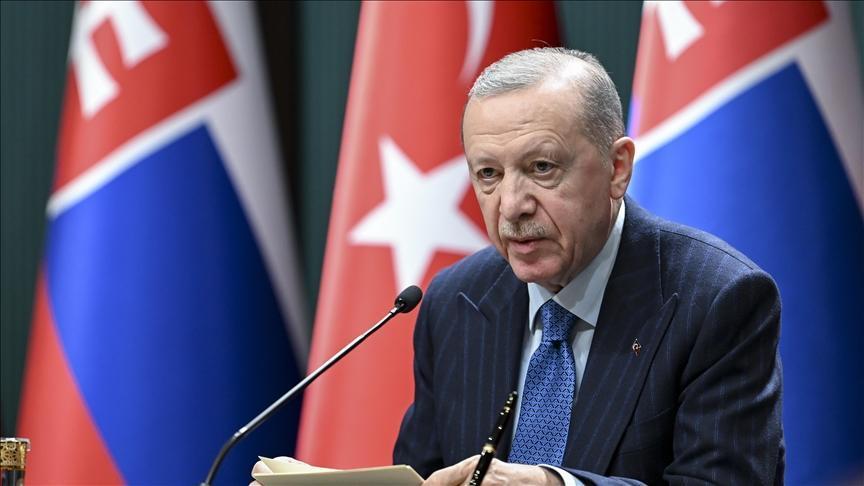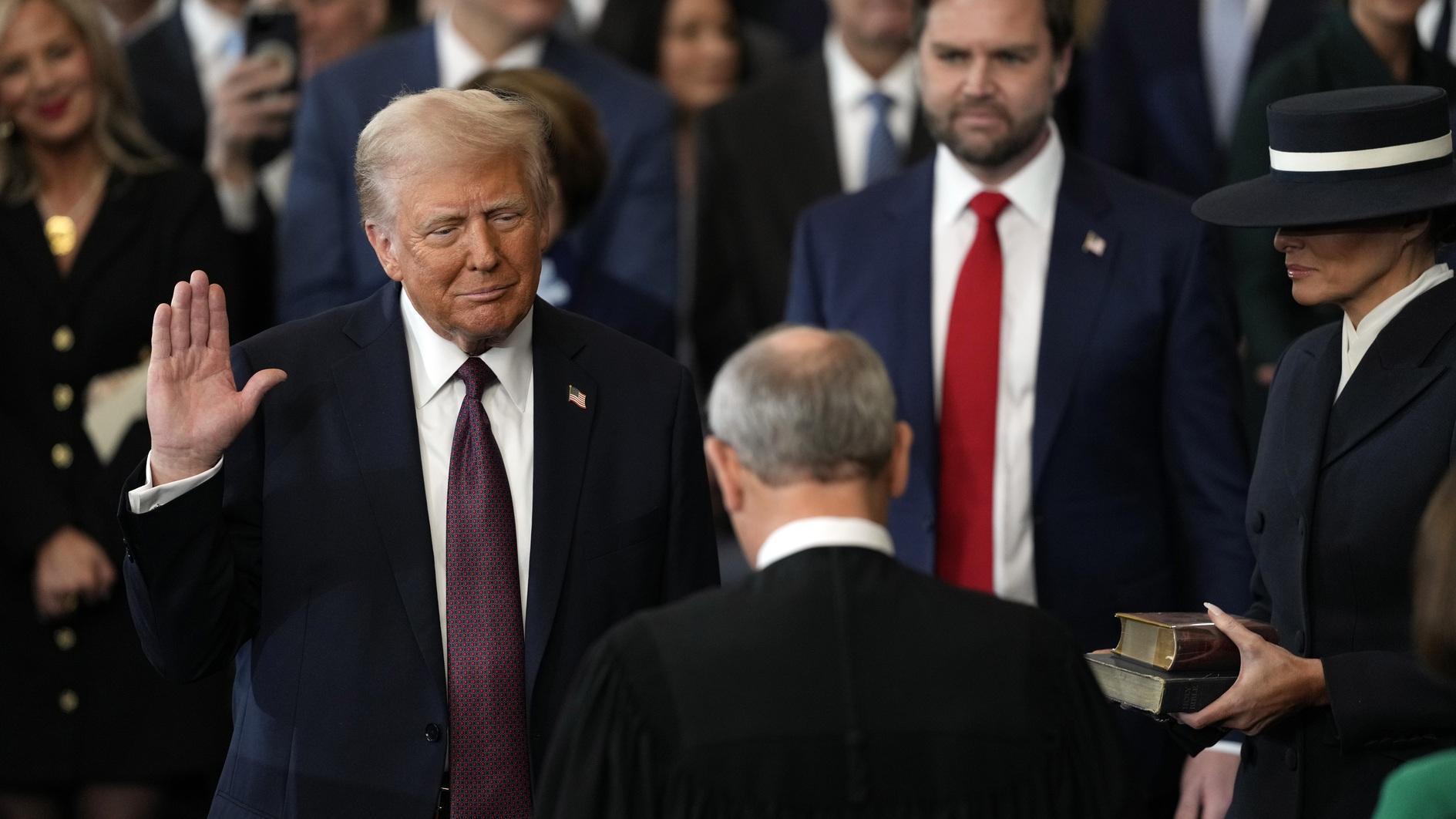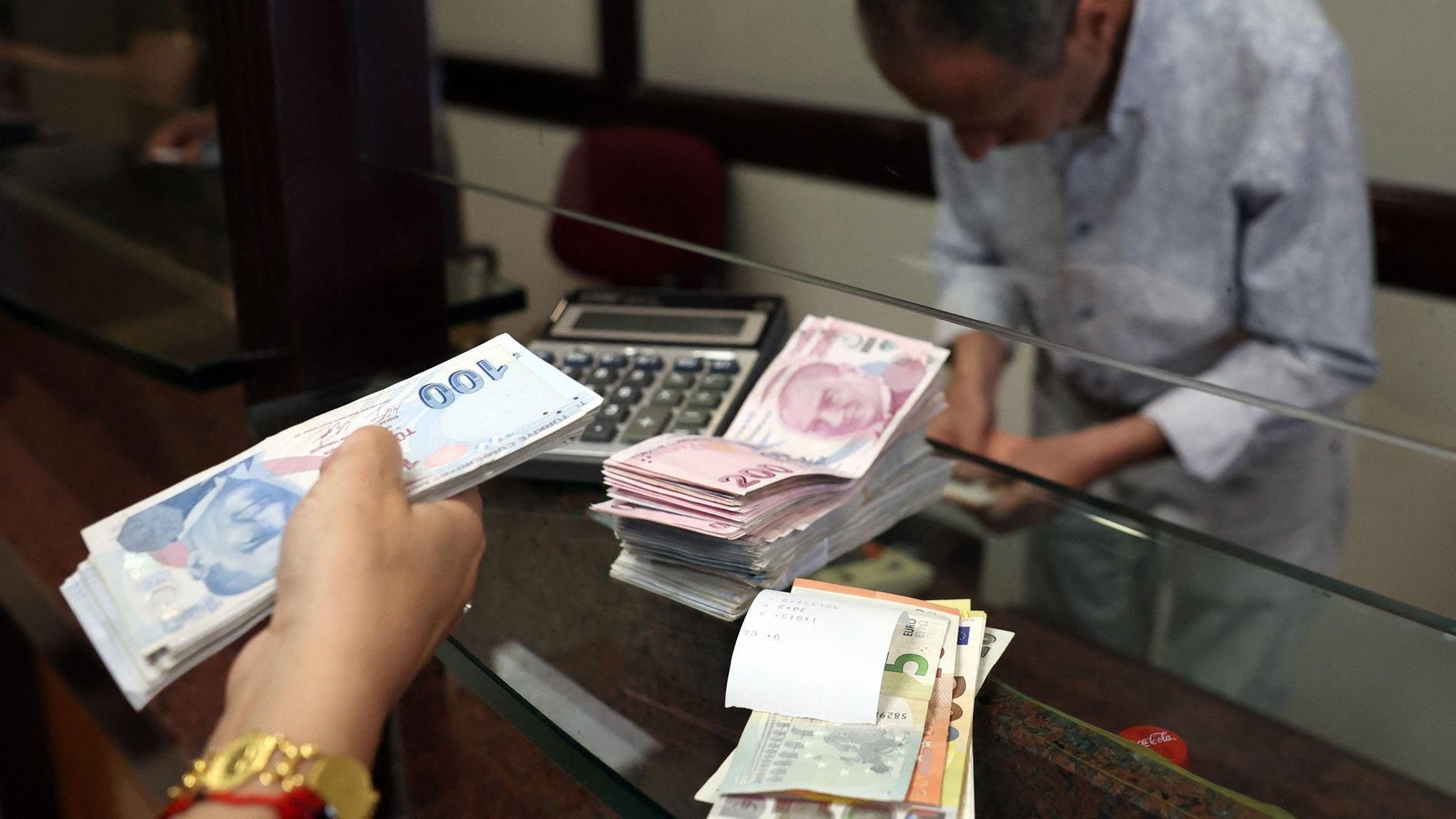Brotherhood rejects new Egypt charter
CAIRO
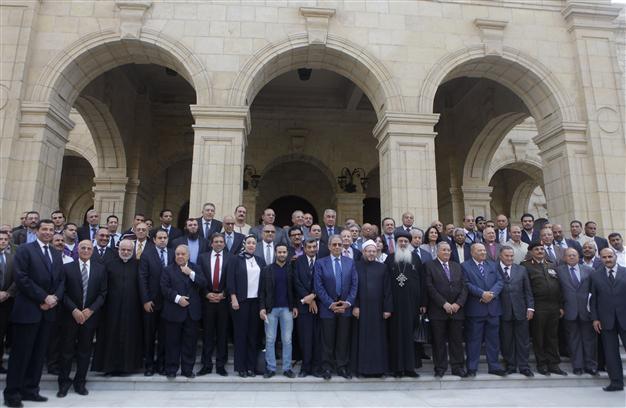
Egypt's 50-member panel that amended a constitution drafted under now-ousted Islamist President Mohammed Morsi, pose for photographers after finishing the final draft of a series of constitutional amendments outside the Shoura Council in Cairo, Egypt, Monday, Dec. 2, 2013. AP Photo
The Muslim Brotherhood has rejected the newly drafted Constitution for Egypt, a day after it was approved for a referendum billed as the first stage in a “democratic transition” promised by military-installed authorities after Islamist president Mohamed Morsi’s July ouster.The Brotherhood called the 50-member Constitution-drafting panel as “abusive coupists” who were trying to “distort Egypt’s legitimate Constitution,” according to the BBC.
Egypt’s constituent assembly finalized a draft Constitution on Dec. 1 that will be put to a referendum this month or next.
“Now we have approved the draft,” Amr Moussa, former Arab League chief, who led the panel, announced on live television.
“The draft will be given to [interim president] Adly Mansour on Dec. 3. Long live Egypt,” he added.
The most controversial article approved by the panel states that “no civilian can be tried by military judges, except for crimes of direct attacks on armed forces, military installations and military personnel.” Secular activists had demonstrated against the provision, fearing it could be applied to protesters, journalists and dissidents like Abdel Fattah, who is accused of breaking a new protest law, inciting protesters to riot and block roads, and beating a police officer.
Earlier the panel had rejected an article outlining the schedule of parliamentary and presidential elections - tentatively planned for mid-2014 - forcing the charter writers to redraft it.
The rewritten article, read out by Moussa, says the procedures for the “first election” must begin at least 30 days after the adoption of the Constitution but cannot go beyond 90 days.
“Procedures for the other election must begin within six months of the referendum,” the rewritten article states, without specifying which election would be held first.
Abdel Gilil Mustafa, a senior member of the panel, told an Egyptian television network that “the president will decide which election will be held first.”



